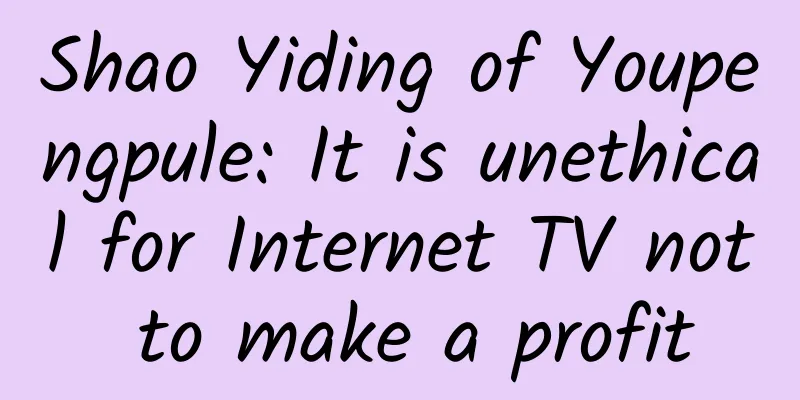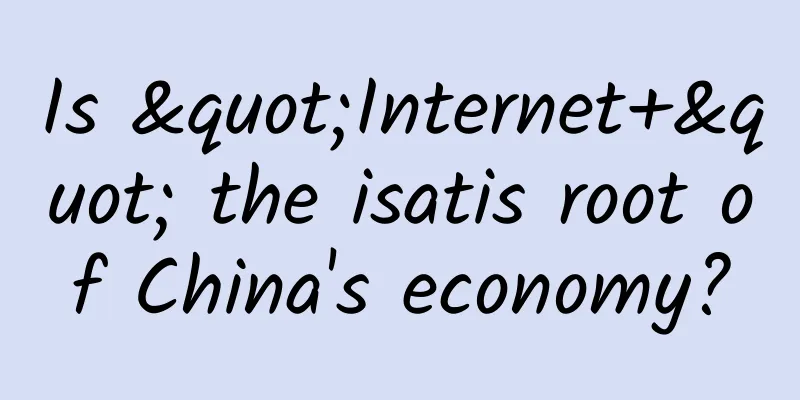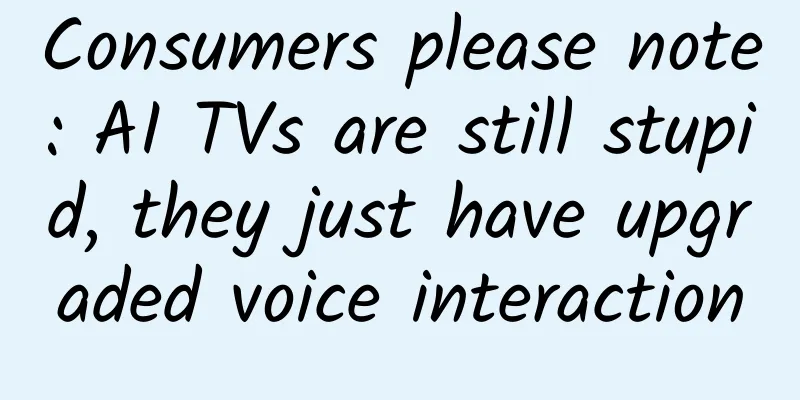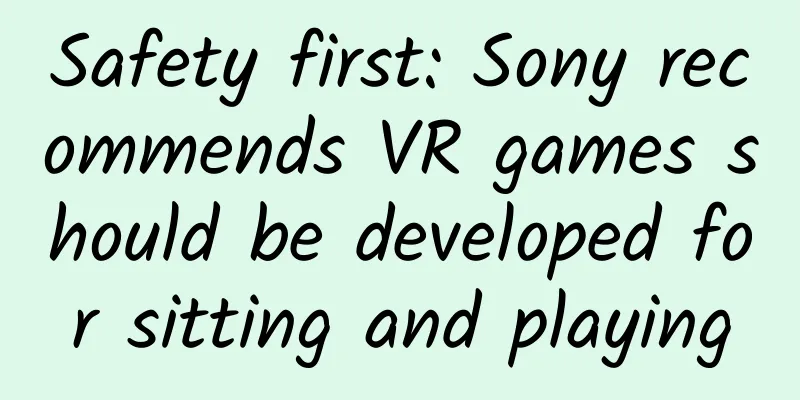Is it really humiliating for Microsoft to withdraw from the mobile OS stage?

|
Microsoft will abandon Windows 10 Mobile updates in December this year. Although this does not mean that the system cannot be used on mobile phones, it can be asserted that Microsoft has basically withdrawn from the competition for mobile OS. Some say it left the stage in disgrace. If it was four years ago, or even three years ago, it would be appropriate to say “humiliation.” Microsoft had a brief period of glory on the mobile side, but struggled most of the time. But I think that to say it's a "humiliating" departure now ignores Microsoft's strategic initiative and its most innovative aspects in the past few years. Leaving today was a bit sudden, but there is still some clues to follow. If we go back to four years ago, when Nadella was promoted to Microsoft's global CEO, we could sense some signs of change. I remember when Ballmer stepped down, he cried and said that he was old and hoped that new people could change Microsoft. Within a few days of taking office, Nadella showed his strategy for change. He asked executives to read a book, Nonviolent Communication, written by Marshall B. Rosenberg, which is about emotions, communication, tolerance, empathy, and how to get along with the world. It has some of the ideas of his hometown hero Gandhi.
Many people say it is to resolve internal strife. In hindsight, this is a cultural change and value reshaping action that takes both internal and external factors into consideration. Microsoft's so-called internal strife, mobile crisis, and ineffective transformation are just superficial results. They are more about cultural and strategic direction issues. At that time, the entire industry was already swept up by the wave of mobile Internet, and it seemed that not occupying the mobile phone market would mean failure. In the competition with Apple and Google, Windows Phone really had no hope. Nadella was not dragged into the fray. After taking office, Microsoft also captured the mobile phone trend, and Nadella even reorganized the Nokia legacy acquired by Ballmer, but the core actions in 2014 were more on the B-side. One was to establish in-depth cooperation with IBM and others in the underlying cloud computing, and the other was to embrace Linux. I won't talk about the complicated game between Microsoft and IBM here. I'll mention Microsoft's attitude towards Linux. Microsoft was very hostile to this open source ecosystem as soon as it was born. Bill Gates ridiculed it, and Ballmer even denounced it as a "cancer" of the industry in 2001, with a business philosophy that went against the trend. These two actions have been somewhat overlooked. Looking at it today, they are secretly related to the concepts of openness, tolerance, and empathy advocated in the book "Nonviolent Communication". That is, Nadella is using cultural transformation to reshape the strategic direction. This is the fundamental crux. In 2015, he laid out his governing philosophy: first, he directly changed the values of the two cycles of Bill Gates and Ballmer; second, he re-established the strategy and specific direction. Bill Gates' original mission was to put a PC on every desk. Ballmer changed it in 2013 to "create a range of devices and services for individuals and businesses to support people working and traveling around the world and help them carry out various activities."
Nadella changed it to "to empower every person and every organization on the planet to achieve more". The specific strategic demands are "mobile first" and "cloud first" under the guidance of the "reconstructing global productivity" business framework. This statement has been somewhat ignored in recent years: the word "empower" obviously means "enabling"; the "mobile" here does not refer to mobile phones. Nadella emphasized "mobile service experience". Obviously, the entire statement goes beyond the concept of specific terminals and hopes to transform into infrastructure. Over the past four years, we have seen that Microsoft's mobile phone business has been fighting and retreating, but cloud computing and the entire 2B have been making a strong attack: acquiring LinkedIn, Mojang, Xamarin, investing in GitHub, and becoming a core member of the Linux Foundation. As of now, Windows is still the core of Microsoft's overall strategy, but it is only one of the basic layers in the core Azure. It can be said that Microsoft's "operating system" concept has been upgraded, and Windows is only one of the core elements. It also includes its own cloud-based workflow and the integration of many external software and data, including services from companies such as Oracle, IBM, MongoDB and Hadoop. At present, it is even trying to establish deeper cooperation with Amazon and Apple. Microsoft's cloud computing, Internet of Things, and AI systems all have the goal of going beyond specific terminals. This is true for mobile phones and other smart terminals. In the future, there will even be new trends in PCs, notebooks, and servers. Over the past few years, Microsoft's performance has continued to grow, and the capital market has been chasing it as much as Apple and Amazon. It has become one of the top three cloud computing giants in the world. Moreover, its cooperation vision at this level is better than that of Amazon, Google, etc. You can see that although Microsoft is fighting and retreating at the mobile OS level, cloud-based products such as Office 365 have penetrated Apple, Android and other terminals. Moreover, it has created huge application development opportunities for the original competing platforms. You can see that what Microsoft provides is actually a set of rules with strong inclusiveness. It fits the "empathy" emphasized by Nadella. The book he published is called "Refresh", and I think the name should contain this kind of openness and transcendence. Let's go back to the mobile OS level. At this moment, it announced that it would stop updating in the second half of the year, probably to further convey a clear strategic message to the outside world, which is the infrastructure role mentioned above by Nadella. In the past few years, Microsoft's several major organizational changes have also proved this trend. However, since 2018, the global industry trend has deepened, and the general trend at the beginning of this year and in the future cycle requires it to convey more. In addition to the business aspect, it must also be beneficial to market value management and other aspects. Therefore, to say that Microsoft left the mobile operating system stage in "humiliation" is to ignore its spirit of innovation and future trends. Finally, I would like to add a few words about this matter. I want to say that Microsoft's withdrawal from this market demonstrates a new concept of ecological collaboration. "Intelligent collaboration" has become a high-frequency word in the industry. There is a cognitive misunderstanding here. In the past few years, the industry seems to be advocating the following business model: 1. "One-stop" and "full-stack" thinking; 2. End-to-end, cloud-pipe-end or cloud + end services; 3. The so-called "ecology" has almost become an expression of complete business elements, and "total factor productivity" has become a popular subject. They all have very reasonable parts, and are even necessary, especially in the era of large-scale integrated digital economy. For example, there are no precedents in many fields. Platform-based enterprises, because they have technology and products, R&D strength, capital, and a wider range of online and offline industrial resources, can take the lead in exploration and find a relatively reasonable path. In addition, many technical routes are obviously different. In the era of heterogeneous computing, a higher level of integration thinking is needed. In this process, a one-stop, full-stack, full-industry chain, and full-factor ecological development strategy will be formed. You can see that in the past few years, many Internet companies have looked very similar, and the industry has been fierce and cruel. I think this is due to this kind of homogenized thinking. It is both an exploration and a reflection of the lack of innovation. As the new wave of digital transformation arrives, this kind of thinking is deepening. We have seen many cases in the past six months. Almost all giant companies are following this trend, and even the language expressions and concept definitions are extremely similar. But I would say that as digital transformation moves beyond this initial period of confusion and into depth, this trend of homogenization may become a hindrance to the development of the industry. The competition of all factors will result in: 1. Positioning as “middle platform” and “infrastructure” all at once. Highly homogeneous competition, lack of concentration, and waste of industrial resources; 2. Due to ecological competition, the so-called "infrastructure" has limited interconnection and interoperability, and data cannot be fully connected, but instead has become a new island. If infrastructure cannot be interconnected, there will be no real efficiency and quality, and the transaction costs of the entire society cannot be truly reduced. 3. It will trigger games in the political and economic world, and even geopolitical games. For example, don’t assume that the imbalance in local regional economic development is just due to natural endowments, and don’t assume that the economic and trade game between major countries is just a political topic. It can be said that Huawei’s experience is due to the fear of the United States, the innovation of Chinese companies, and the confusion of the platform business model and development path. Huawei is becoming more and more like a full-factor, self-sufficient giant platform. I am not criticizing business itself. I respect all choices of paths. The Chinese market has a lot of room for exploration. But at this moment, I have to say that we still lack the courage to change and innovate that Microsoft has had in the past four years. Nadella actually made fun of Microsoft's direction at a time when the industry was most affected. This is more conscious, insightful and forward-looking than the so-called global industry Internet, digital transformation, and 2B strategic trends in 2018. In addition to insight and courage, we may still have to go back to what he said about "empathy". The so-called local "ecology" that we often talk about is actually difficult to be called a real "ecology". Because there are too many industries involved, competition variations, and various distortions of human nature. It ignores the space for complementarity and integration between Chinese companies. In many cases, our "integration" is just the so-called online and offline, and the vertical layout of ourselves, lacking awe and tolerance, and too many distant friends and nearby attacks. Of course, I am not just flaunting Microsoft's value. Microsoft's withdrawal from the mobile terminal operating system market must have the background that it could not get much of the cake, and it is true that it failed. Moreover, Nadella's rendering of empathy and pushing Microsoft to establish a broad cooperation system with the help of cloud computing and 2B strategy is not entirely Microsoft's own efforts, but also the collective unconscious response of the US market: Compared with China, the online and offline integration process of many industries in the United States is slow, and the rigid constraints of the traditional industrial system, finance and infrastructure have once limited the coordination between giants, which implies a huge space. In addition, the announcement of the deadline for stopping updates must also be Microsoft's intention to manage its market value. In the past period, it has experienced crazy times. But it is also facing huge adjustments. We have already observed this signal of crisis transition in Apple and Amazon. In another article that I haven't started writing yet, I will also conclude that Bezos' scandal is also related to this trend change - of course, it is also related to the challenges facing his inner dream. However, let's reflect on our own shortcomings. In the digital economy era, the Chinese market has comparative advantages, especially with rich data, complex ecology, and the characteristics of a complex economy. In the future, many paths and models will be formed and will have abundant export space for the world. However, if there is a lack of real synergy and we only rely on our own ecology, no matter how powerful it looks, it will not be able to be truly deeply rooted in people's hearts. Just like Microsoft's "operating system" strategy has been upgraded from Windows to a broad coordination and order, the "operating system" itself has re-established a new industrial division of labor. It's just that it is much more complex than the clearly defined form of the traditional industrial era. In future competition, the practical "competition theory" emphasized by Porter is of course important and the norm. However, the openness and clarity of business concepts and ideas will determine the height of many platforms and the development space of regional economies. We look forward to more innovative concepts and practices in the Chinese market that surpass Microsoft's current ones. |
<<: Let’s re-acquaint ourselves with Flutter in 2019
>>: Nokia is making a comeback, are European mobile phone brands looking to make a comeback?
Recommend
iOS 12 wish list: These are the features Apple fans want
As we all know, Apple will release iOS 12 at the ...
Look at Generation Z marketing from Bilibili and Xiaohongshu!
"Capturing Generation Z is equivalent to cap...
As a large cat, it makes sense for it to meow!
On October 23, 2013, at the first Global Snow Leo...
Not only fingerprints, Win10 can also use irises to unlock PC
According to foreign media reports, Microsoft has...
The Chinese version of Tesla, NIO ES8, is launched. Can consumers buy into its high-end positioning?
In the field of new energy vehicles in China, the...
Shocking news! We actually drank water from the same mouth as dinosaurs! What do you think about this?
The cover image and the images in this article ar...
How to achieve passive traffic and fan acquisition through Baidu drop-down box search?
When we search for online promotion on Baidu, som...
APP promotion: How to choose the correct promotion channel!
In 2019, all network marketers are facing the fol...
Winter Solstice copywriting collection, we are not cold this winter!
winter solstice The beginning of the coldest days...
An Incomplete Guide to Programmer Interviews
[[151466]] It is difficult for programmers to fin...
Are ants smarter when they work in groups? Human teams sometimes lag behind!
【**Abstract:** Recently, a new study in the Proce...
How far are we from having a cool and stylish fully transparent phone?
People's pursuit of technology is always limi...
How to establish a user perspective? Use the 7-step analysis method!
What is the user perspective? This is actually a ...
APP Promotion Activities: How to plan a screen-sweeping event?
Wang Zaixing, co-founder of New World, said in an...
How to choose the right shoes for running?
When running, a good pair of sports shoes is very...









